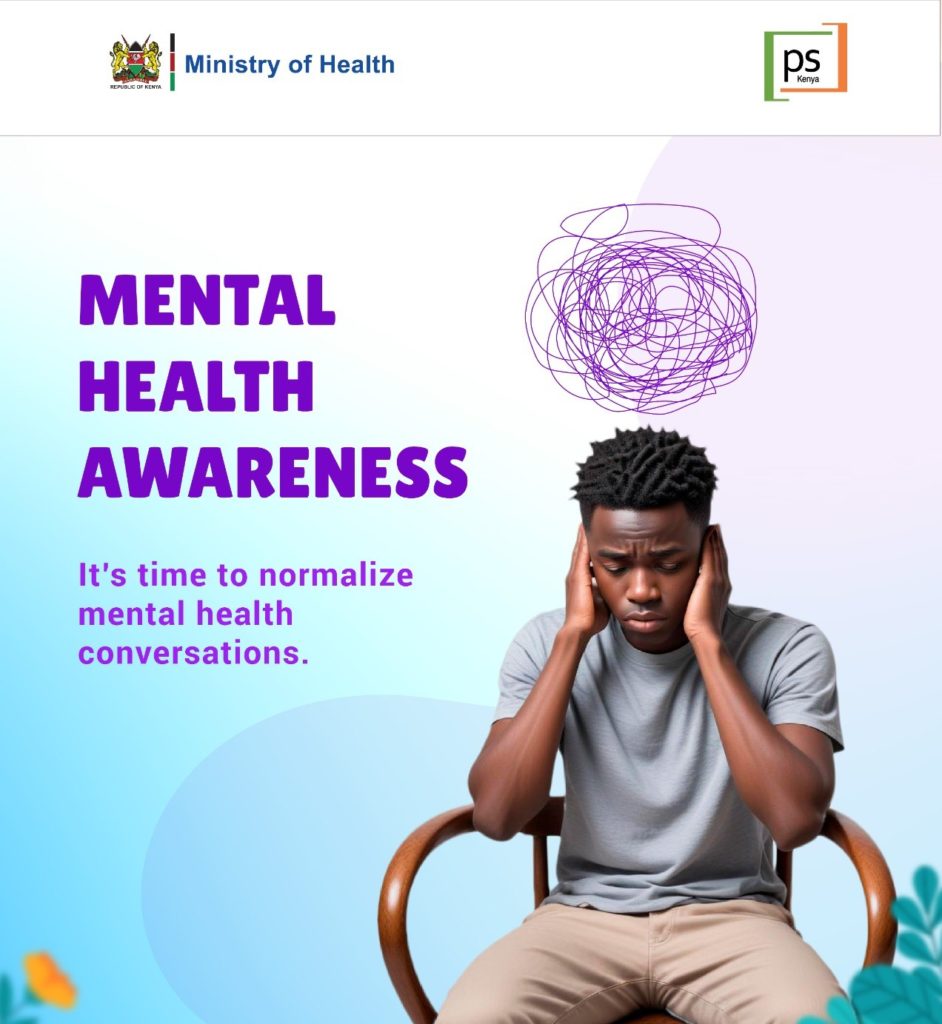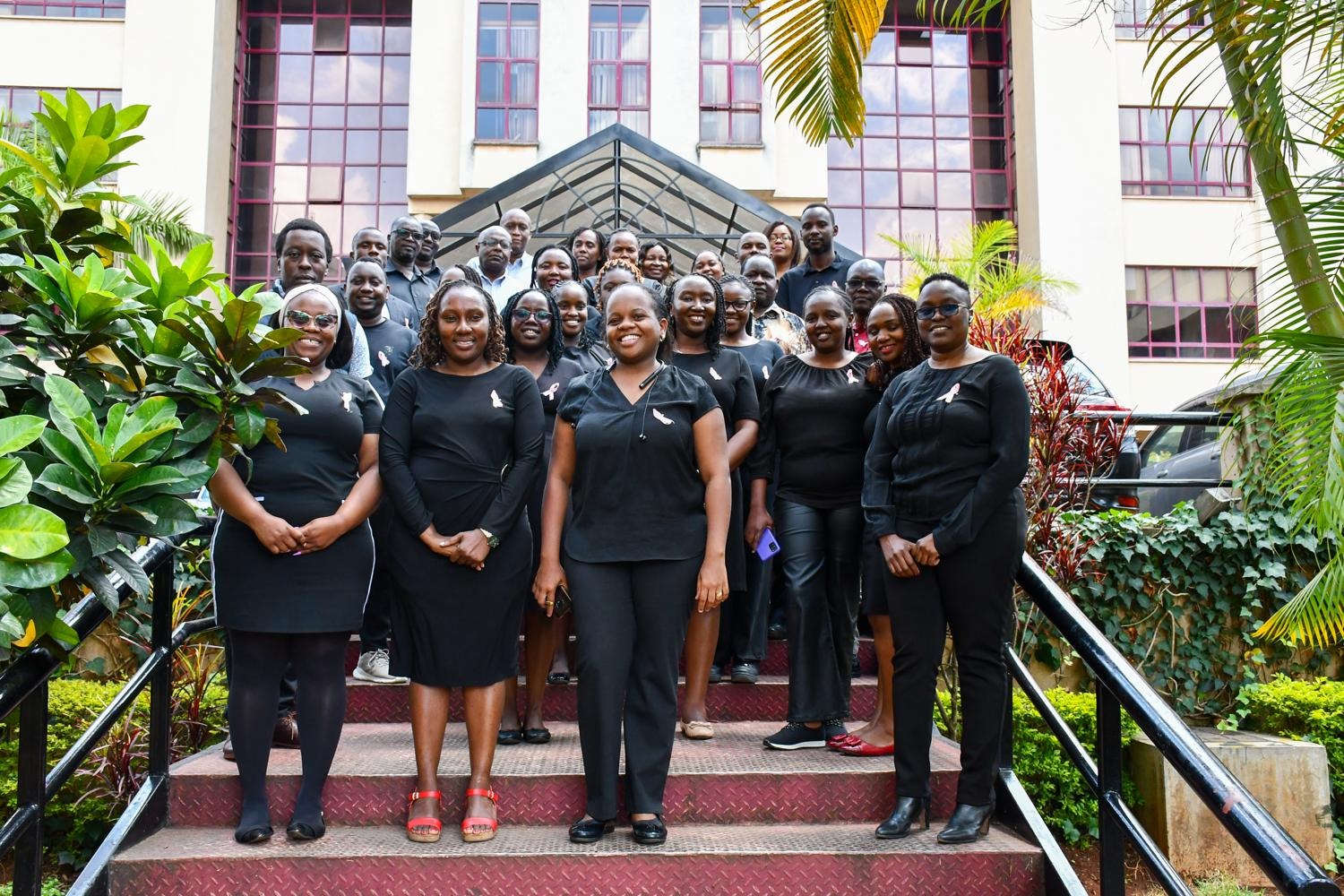June is globally recognized as Men’s Mental Health Awareness Month, dedicated to raising awareness about mental health issues affecting men and boys. This observance aims to combat the stigma surrounding men’s mental health and encourage those in need to seek help. In Kenya, mental health is a critical but often overlooked aspect of overall well-being, particularly for men who face distinct challenges.

Men’s Mental Health Awareness Month strives to address the silent battles by men dealing with mental health issues through open dialogue, heightened awareness, and accessible resources for support. Globally, millions of men grapple with mental health disorders, significantly impacting individuals, families, and communities. According to the World Health Organization (WHO), depression currently affects over 264 million people, with men being less likely to seek assistance due to societal norms and stigma.
In Kenya, the prevalence of mental health disorders is estimated to be around 4.4%, with common issues including depression, anxiety, substance abuse, and post-traumatic stress disorder (PTSD). According to the Kenya National Bureau of Statistics (KNBS), men have higher suicide rates compared to women, reflecting the urgent need for mental health interventions. Cultural norms often emphasize traditional gender roles, where men are expected to be stoic and resilient. This can discourage men from expressing vulnerability or seeking help, viewing such actions as signs of weakness. The stigma associated with mental health in Kenya further complicates the situation, leading many men to suffer in silence.
Economic instability, unemployment, and poverty are major stressors contributing to mental health issues among Kenyan men. The pressure to provide for families can lead to increased stress, anxiety, and depression. Economic hardships often exacerbate mental health problems, creating a cycle that is difficult to break. Social expectations and pressures also play a critical role in men’s mental health. Men are often expected to be the primary breadwinners and to maintain a facade of strength and stability, which can lead to significant stress and mental health challenges.
Kenya’s mental health care infrastructure in Kenya faces numerous challenges. There are few mental health professionals relative to the population, and services are primarily concentrated in urban areas. Rural areas, where a significant portion of the population resides, have limited access to mental health care. The Mental Health Policy 2015-2030 aims to improve mental health services and accessibility, but implementation remains a work in progress.
Several resources and hotlines are available in Kenya to support men’s mental health: The Kenya Red Cross Society offers mental health support and counseling services. Befrienders Kenya provides emotional support to prevent suicide and offers a helpline: +254 722 178 177. Chiromo Lane Medical Centre specializes in mental health services, offering both inpatient and outpatient care. Basic Needs Kenya focuses on mental health and development, providing community-based mental health support.
In conclusion, Men’s Mental Health Awareness Month serves as a crucial reminder of the importance of addressing mental health issues among men. The unique challenges faced by men, both globally and in Kenya, necessitate targeted interventions to break down societal stigmas and promote mental well-being. It is imperative that we continue to improve mental health care infrastructure, address economic and social stressors, and create a more supportive environment for men to express their struggles. Addressing mental health stigma, improving access to care, and supporting men through economic and social pressures are crucial steps towards better health and wellbeing of all.



